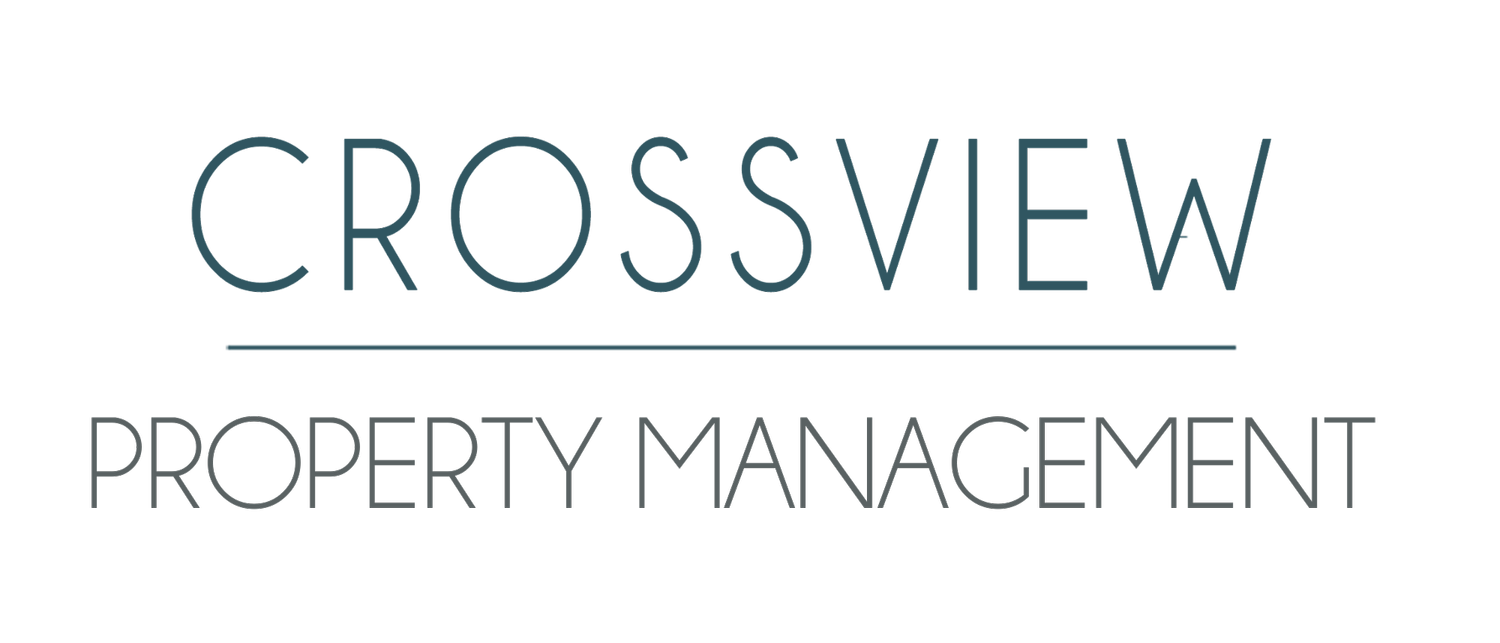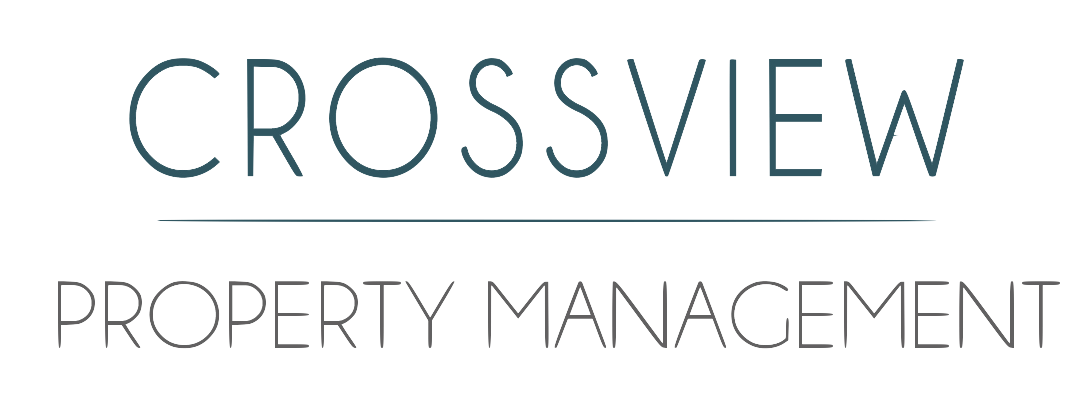Florida Rentals & Community Amenities: Who Gets Access—You or the Tenant?
Opening Question:
If your rental property is in a Florida community with shared amenities—like a pool, gym, or clubhouse—are you required to give your tenant access, or can you keep those perks for yourself?
Snippet Answer:
In Florida, access to community amenities is generally tied to possession of the property. When you lease your rental, you transfer the right to use those amenities to your tenant for the duration of the lease, unless your lease clearly states otherwise.
How Amenity Rights Work in Florida
When you own a home, condo, or townhouse in a community with amenities, you typically have the right to use them through your association membership. However, in Florida, when you rent your property, you’re also transferring possession of it to your tenant.
That possession usually includes any rights that are part of the property—such as access to amenities—unless the lease agreement explicitly reserves those rights for you.
If the amenities are part of a homeowners’ association (HOA) or condo association, their governing documents often require that when the property is rented, amenity use passes to the tenant and the owner’s access is suspended during the lease term. This is to prevent double usage and potential overcrowding.
Common Community Amenities in Florida Rentals
Swimming pools and hot tubs
Clubhouses and event rooms
Gyms and fitness centers
Tennis or pickleball courts
Boat docks or slips
Golf courses
Gated entry systems
Community parks and trails
Pros of Giving Tenants Amenity Access
1. Higher Rental Value
Amenities can justify a higher rent—especially in Florida’s competitive markets where pools, gyms, and clubhouses are attractive to renters.
2. Marketability
Properties with appealing amenities often rent faster and attract long-term tenants.
3. Lease Compliance
If your HOA requires amenity transfer upon rental, giving your tenants access avoids possible fines or restrictions.
Cons of Giving Tenants Amenity Access
1. Loss of Personal Use
If you live nearby, you may lose your own right to enjoy the amenities while your property is leased.
2. Potential HOA Liability
If your tenant violates amenity rules, the HOA may hold you— the owner—responsible for fines or damages.
3. Wear and Tear
High usage of certain amenities (like boat docks or grills) may lead to maintenance issues sooner.
Reserving Amenities for Yourself
Under Florida law, you can reserve amenity rights for yourself only if:
Your HOA or condo association documents allow it, and
Your lease agreement clearly states that amenities are excluded from the rental.
This is rare, because most associations in Florida require owners to transfer amenity rights to tenants during a lease term. Always check your association’s rules before promising or withholding access.
Best Practices for Florida Landlords
Check Your HOA Rules First – Many Florida associations automatically suspend owner amenity rights during a rental term.
Spell It Out in the Lease – If you are legally able to reserve amenity use for yourself, your lease must clearly state that the tenant does not have amenity access.
Provide Tenants With Rules – Even when tenants have access, give them copies of the HOA or community guidelines to prevent rule violations that could cost you money.
Charge Appropriately for the Perks – If your rental includes high-demand amenities like a marina slip or golf course privileges, factor that into your rent.
Final Takeaway
In most Florida communities, renting your property means transferring amenity rights to your tenant for the duration of the lease. This can make your rental more appealing and valuable, but it also means giving up personal access and taking on potential HOA-related responsibilities. The safest approach is to know your association’s rules, write clear lease terms, and price your rental to reflect the value of those amenities.
Property management is hard enough—partner with someone who stays on top of Florida law changes and works to maintain your investment. Complete our Contact Us form or call us at 904-855-7933 to learn more about how CrossView Property Management in Jacksonville, FL, can work for you.


